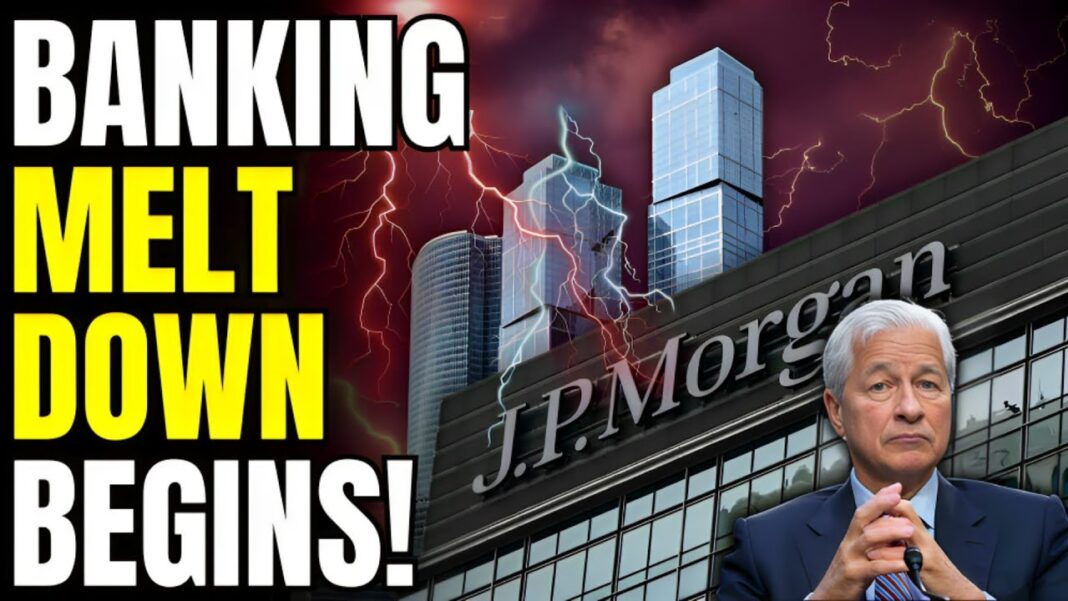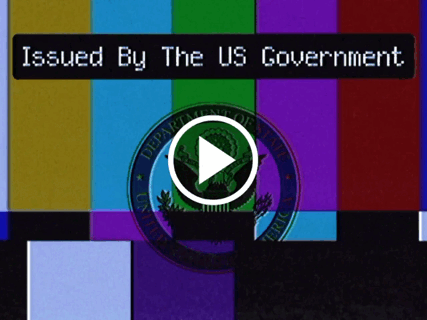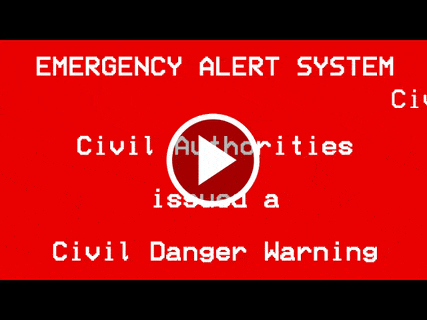The financial landscape in the United States is indeed in a state of turmoil. Major banks like JP Morgan Chase, Bank of America, Wells Fargo, and Citigroup are grappling with substantial losses on securities, particularly in the bond market. These losses have been exacerbated by the Federal Reserve’s decision to maintain higher interest rates in an attempt to combat inflation. The ripple effect of this policy has resulted in a historic downturn in bonds, with Moody’s estimating that the US banking industry is facing approximately $650 billion in unrealized losses.
The performance of banks in this environment has been divergent, with larger institutions benefiting more from rising interest rates compared to their smaller counterparts. Customers, concerned about bank stability, have become more likely to transfer funds or withdraw deposits, leading to intense competition among banks. This competition has forced banks to raise interest rates on deposits and reduce fees, impacting their profitability.
Must Watch! – GESARA’s Hidden Wisdom: Your Ultimate Guide to Navigating the Financial Armageddon!

Some major banks, like JP Morgan Chase, are proactively exploring strategic partnerships to navigate these challenges and maintain their systemic importance. However, the situation also raises questions about the traditional role of governments in bailing out central banks during financial crises. In the current economic chaos, there is a growing sentiment that governments may need to reconsider this practice and demand greater transparency and accountability from the Federal Reserve.
The prospect of a government refusing to bail out the Federal Reserve could signify a shift in the relationship between central banks and governments. This shift may lead to a more cautious and accountable financial system, where the Federal Reserve adopts a more conservative approach to monetary policy to prioritize economic stability over risky ventures.
In summary, the United States’ financial landscape is indeed undergoing significant changes, with challenges faced by banks, the role of the Federal Reserve, and the evolving relationship between governments and central banks. The future of the financial system is uncertain, with potential implications for stability, accountability, and fiscal responsibility.






